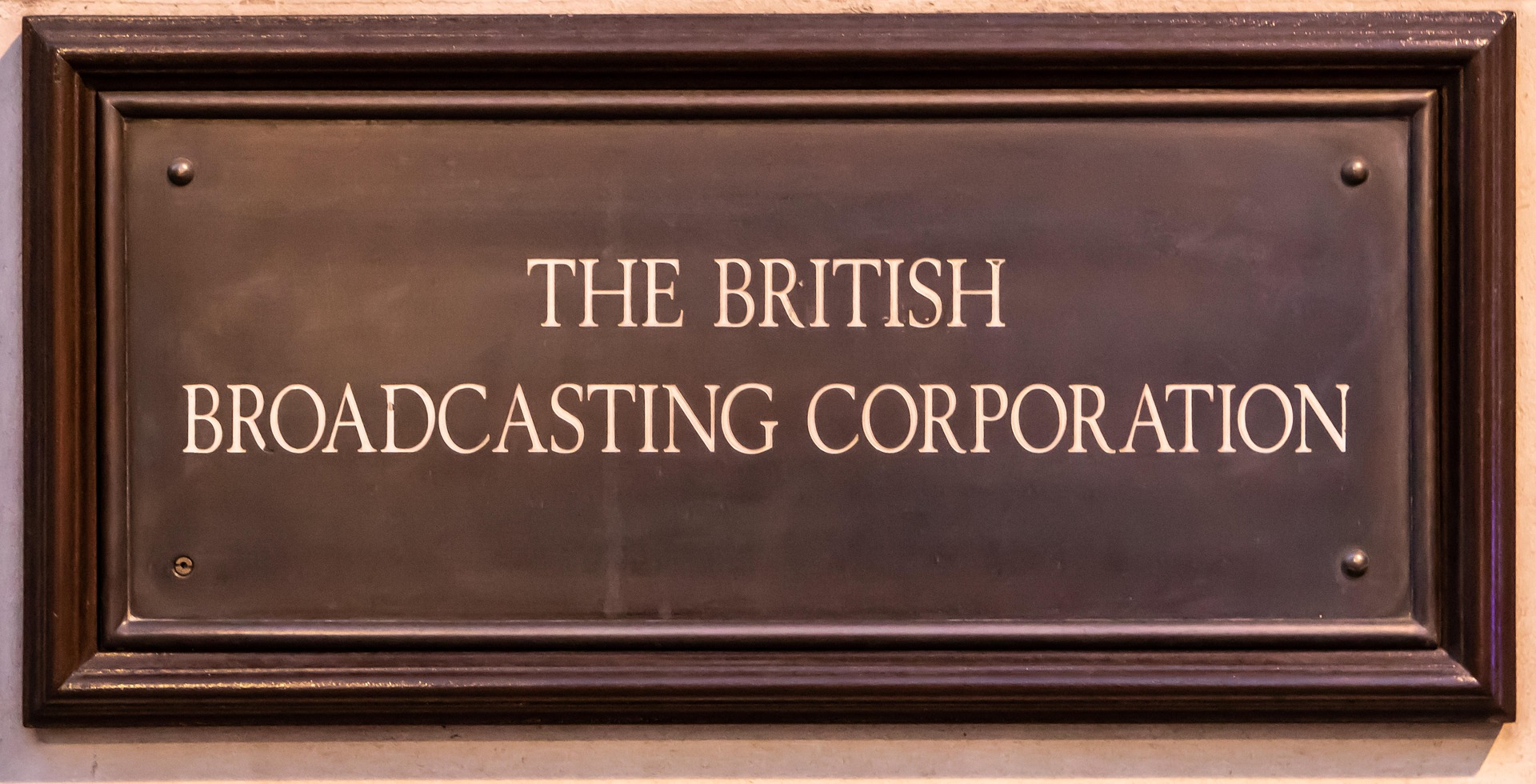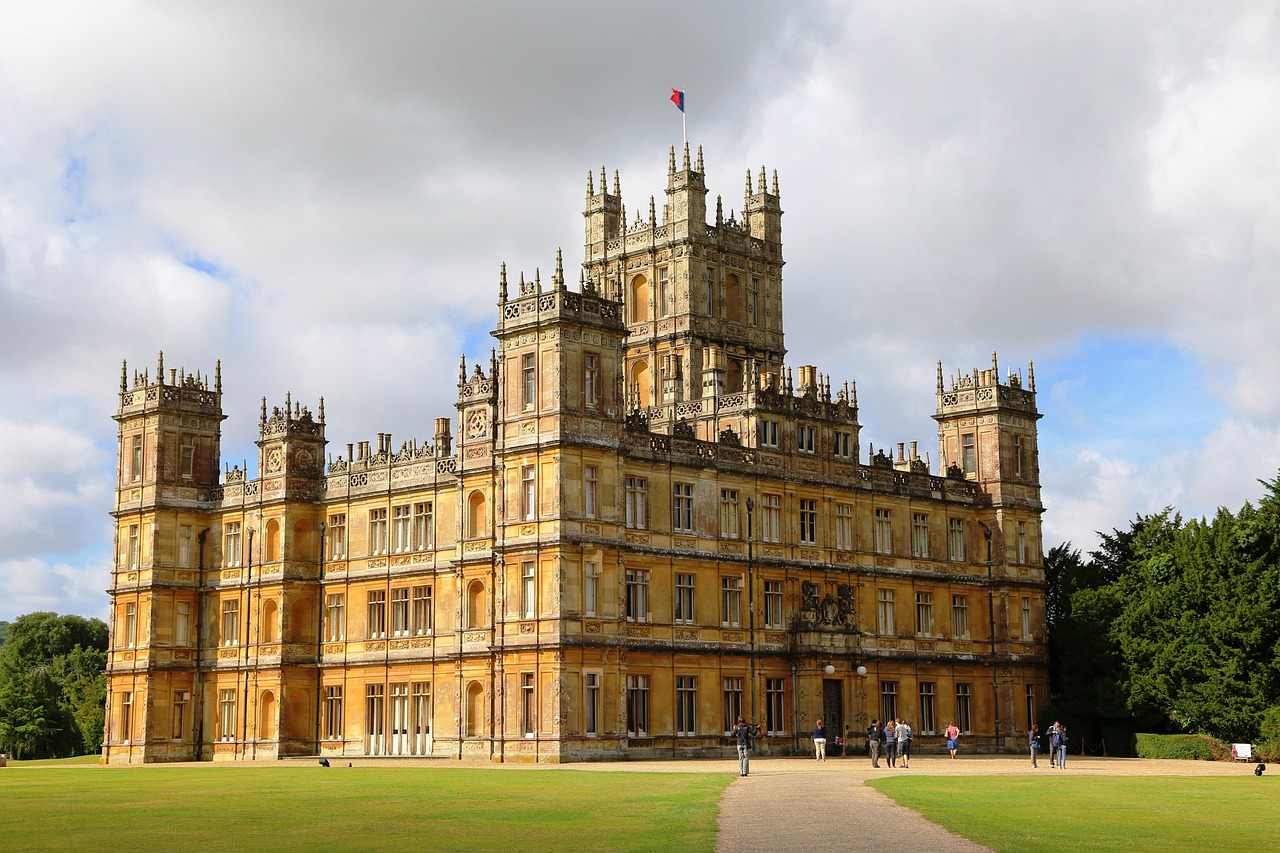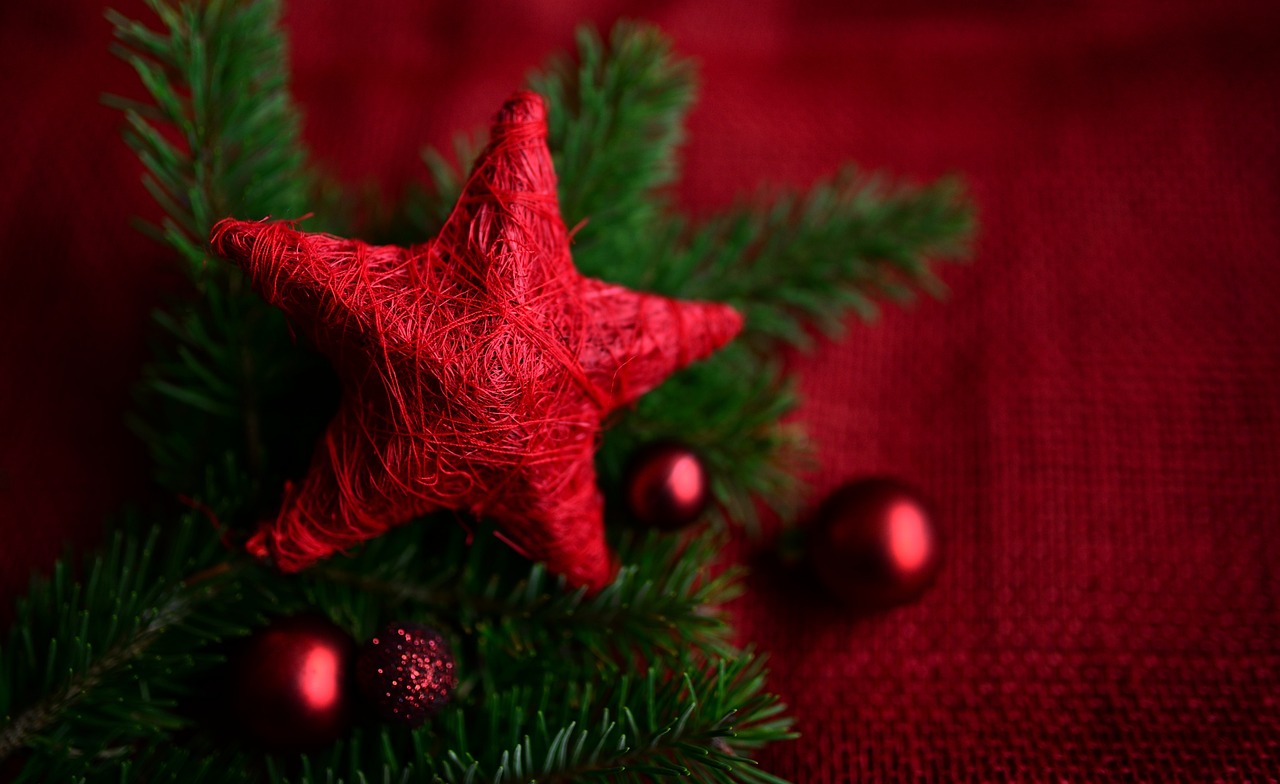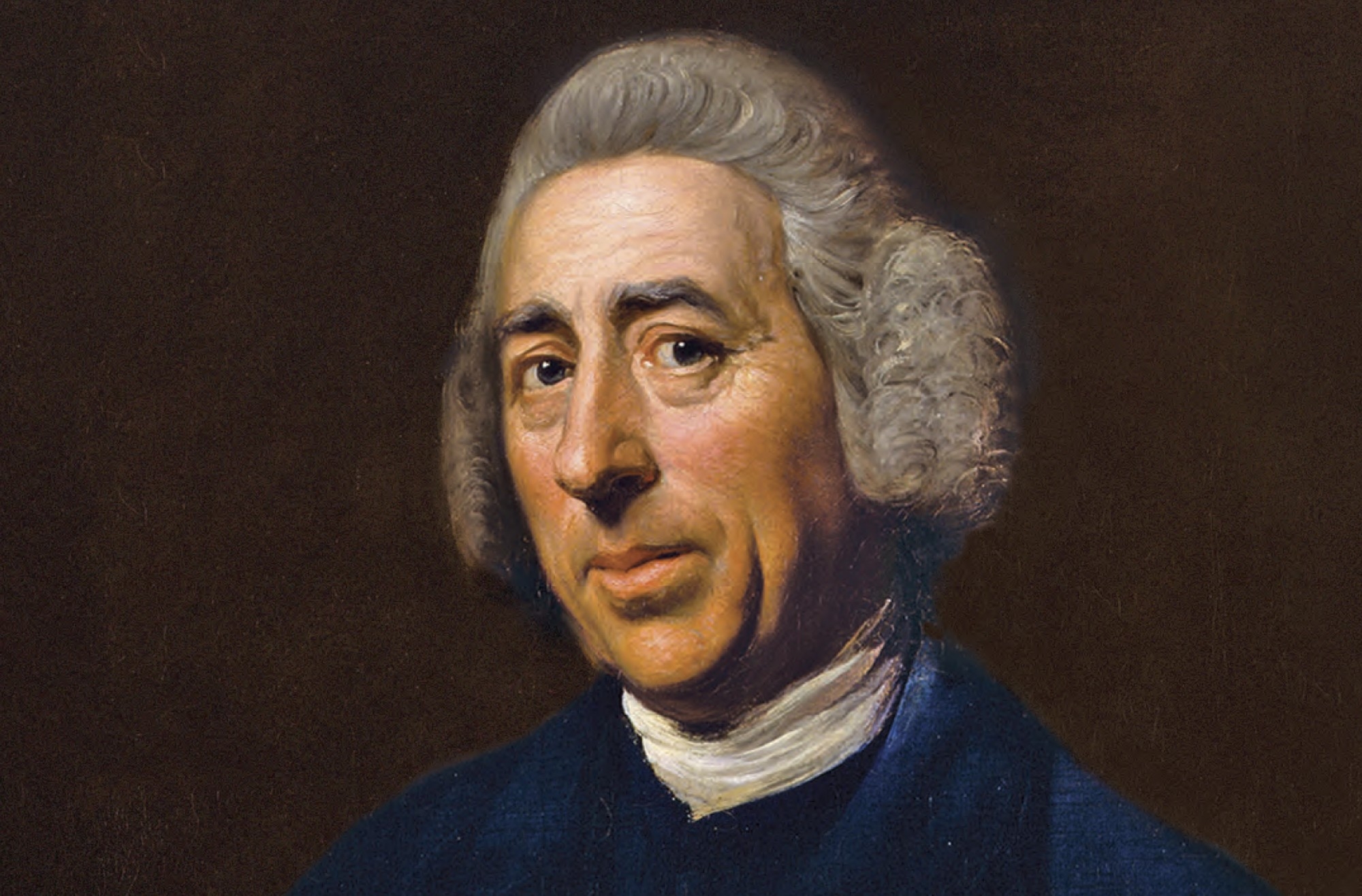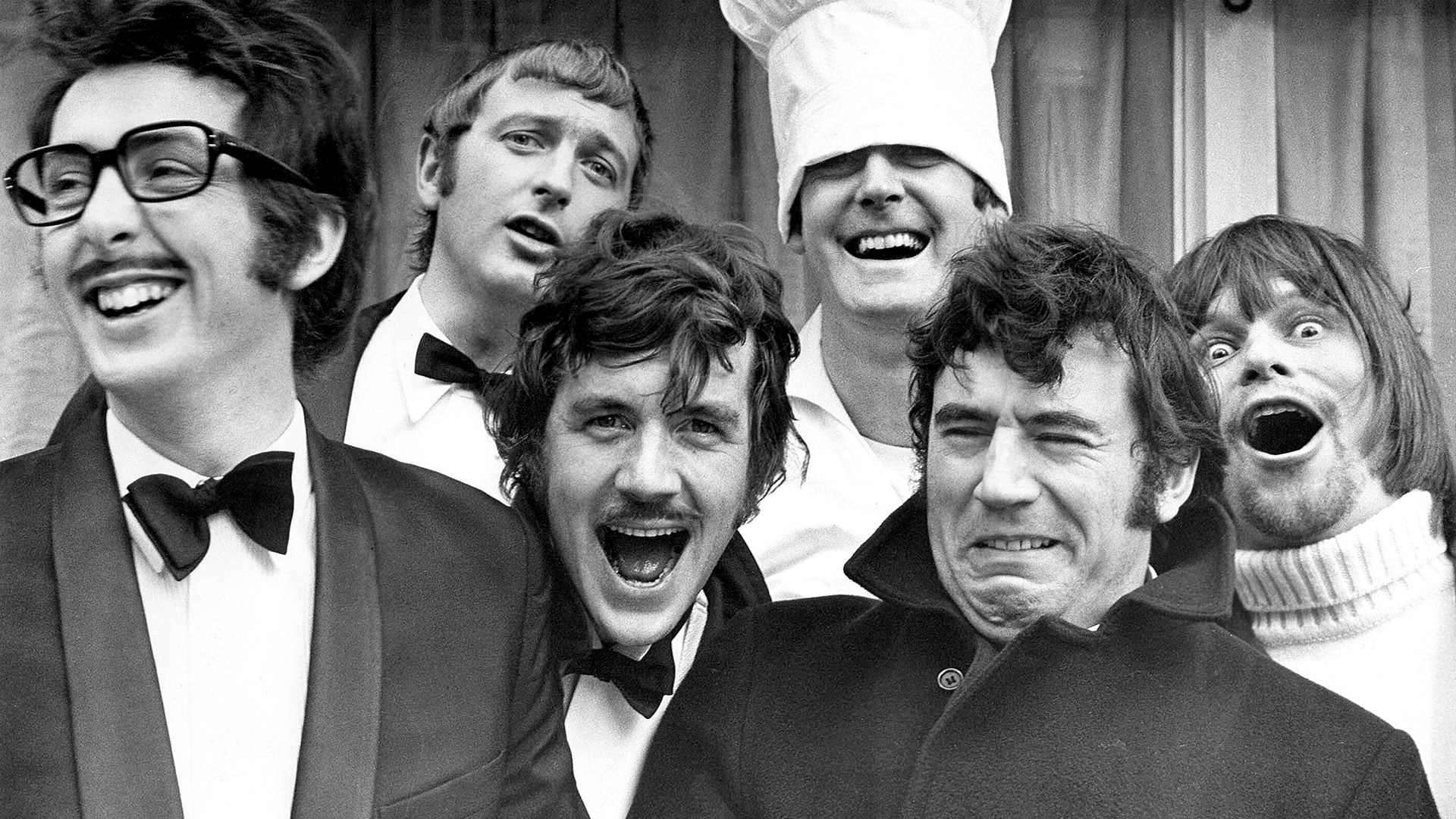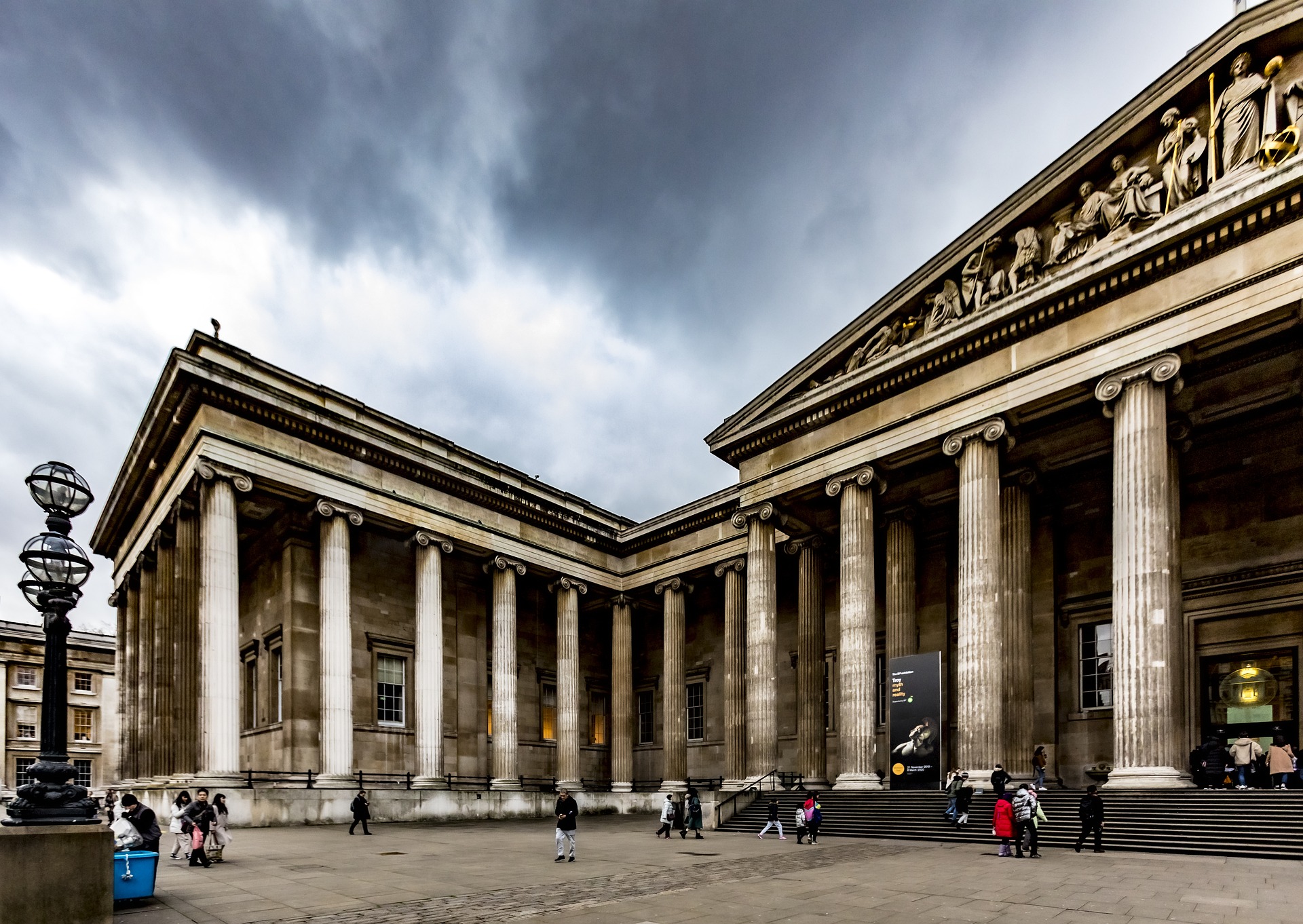
Britain is known for many things – tea, scones, the royal family, and of course, its rich history. From ancient Roman settlements to the Victorian era, the country has a diverse and fascinating past. Fortunately, much of this history has been preserved in Britain’s museums, offering visitors a glimpse into the country’s past. In this article, we’ll explore how Britain’s history is preserved in its museums and why you should visit them.
One of the most well-known museums in Britain is the British Museum, located in London. This museum houses an extensive collection of artifacts from around the world, including Egyptian mummies, Greek sculptures, and medieval armor. However, the British Museum also has a significant collection of items related to British history, such as the Rosetta Stone and the Sutton Hoo ship burial.
The Rosetta Stone is one of the most famous artifacts in the British Museum’s collection. This stone, inscribed with a decree issued at Memphis in 196 BC, was the key to deciphering Egyptian hieroglyphs. The Sutton Hoo ship burial, on the other hand, is a collection of treasures found in a 7th-century Anglo-Saxon burial mound in Suffolk. These treasures include a gold belt buckle, silver bowls, and a helmet decorated with dragons.
Another museum in London that is worth a visit is the Museum of London. This museum tells the story of London from prehistoric times to the present day, with exhibits on Roman London, the Great Fire of London, and the Blitz. The museum also has an extensive collection of objects related to London’s social and cultural history, including clothing, toys, and photographs.
Outside of London, there are many other museums that offer a glimpse into Britain’s history. In York, the Jorvik Viking Centre tells the story of the Viking settlement that once existed in the city. The museum features a reconstruction of a Viking street, complete with animatronic figures. Meanwhile, in Edinburgh, the National Museum of Scotland has exhibits on Scottish history, including the Jacobite uprisings and the Scottish Enlightenment.
In addition to museums dedicated to specific periods of history, there are also museums that focus on specific industries or aspects of British life. The Black Country Living Museum in Dudley, for example, tells the story of the industrial revolution in the West Midlands. Visitors can explore a recreated Victorian town, complete with shops, houses, and a working steam engine.
Meanwhile, the National Football Museum in Manchester is dedicated to the history of football in Britain. The museum has exhibits on the history of the sport, as well as memorabilia from famous matches and players. Visitors can even test their football skills in the museum’s interactive exhibits.
So why should you visit these museums? For one, they offer a fascinating glimpse into Britain’s history and culture. Whether you’re interested in the Roman empire, the industrial revolution, or football, there is a museum in Britain that caters to your interests. Visiting these museums can also help you to understand the country’s past and present. By learning about Britain’s history, you can gain a deeper appreciation for its culture and people.
In addition, museums in Britain are often housed in historic buildings themselves, adding to the experience. The British Museum, for example, is housed in a grand neoclassical building that was completed in 1852. The Natural History Museum, also in London, is housed in a stunning Victorian building with a soaring central hall. Visiting these museums is not only an opportunity to see fascinating objects, but also to admire the architecture and design of the buildings that house them.
In conclusion, Britain’s museums offer a unique and fascinating glimpse into the country’s history and culture. From the Rosetta Stone to the industrial revolution, there is something for everyone in these museums. By visiting them, you can learn more about Britain’s past and gain a deeper appreciation for its present. So next time you’re in Britain, be sure to add some museums to your itinerary – you won’t regret it!

